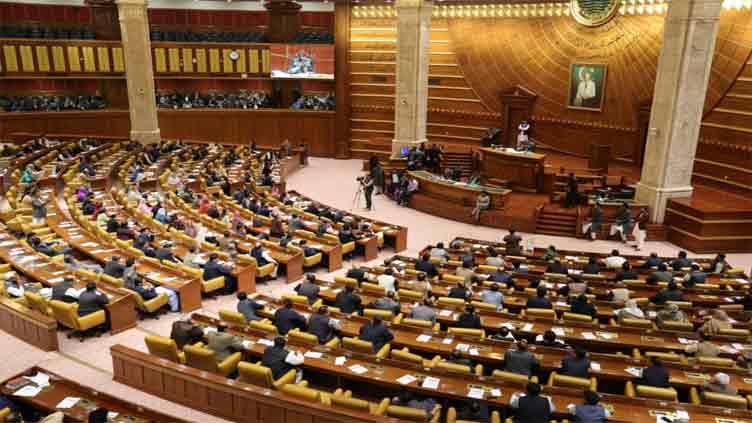The recently passed Punjab Defamation Bill, 2024, is not only a disturbing testament to the erosion of democratic freedoms in Pakistan but also a clear manifestation of an authoritarian inclination within the ruling elite. Spearheaded by the PML-N government, the bill’s passage through the Punjab Assembly was marked by a striking dismissal of critical voices and dissent, symptomatic of a governance style that historically brooks no criticism. It is, unfortunately, a continuation of a familial legacy—both Maryam Nawaz and her father, Nawaz Sharif, have demonstrated considerable aversion to criticism. Time and again, those who dare to criticize have found themselves either co-opted or, for the few steadfast ones, ensnared by legal entanglements on dubious charges.
The Punjab Defamation Bill is nothing short of shameful, crafted under the guise of protecting public officials from defamation without requiring proof of actual harm. This not only flouts basic principles of justice but also sets a dangerous precedent for curbing freedom of speech. It allows for punitive measures like extortionate fines and even the blocking of social media accounts, tools that seem designed more for political repression than for protecting any legitimate state interest. The bill’s broad and vague definitions of ‘journalists’ and ‘newspapers’ extend its reach into the digital realm, threatening the very fabric of free expression online.
It’s disheartening to see such legislative efforts that, under the pretext of legality, seek to suppress dissent and muzzle the media—a vital institution for the health of any democracy. The rejection of this bill by over 80 civil society organizations and numerous journalists is a stark indicator of its regressive nature. These groups have rightly identified the bill as a draconian measure that infringes on fundamental rights, blatantly violating Articles 19 and 19A of the Constitution which safeguard the freedom of speech and information.
Moreover, the manner in which this bill was rushed through the Punjab Assembly—ignoring protests, discarding proposed amendments, and bypassing substantive debates—reveals a contempt for democratic processes. The walkout by press gallery members during the assembly session was a poignant symbol of resistance against this authoritarian overreach.
Almost all media organizations in Pakistan have shown their outcry against the bill, calling it “illogical” and a “violation of the judgments of the superior courts,” should not be taken lightly. Their warning underscores the legal and moral quagmire that the Punjab government is willfully ignoring. This bill is an attempt to fortify the powerful against accountability, to shield them behind the unassailable walls of legislated silence.
It is imperative that the Governor of Punjab heed these widespread calls for the bill to be reconsidered or better yet, scrapped entirely. To enact such legislation is to strike at the heart of democratic ethos and to betray the trust of the Pakistani people. The government’s role is to safeguard the rights of its citizens, not to erode them under legislative cloaks.
This bill is not just an error in judgment but a deliberate act to curb the press and silence critics in the most undemocratic of ways. Such actions are not only regressive but also detrimental to the nation’s progress. It’s a clear indication that the current leadership is following in the footsteps of autocratic regimes rather than cultivating an environment where freedom and democracy flourish.
It is a shameful chapter in the annals of Pakistan’s legislative history, one that will be remembered not for safeguarding the dignity of public officials but for attempting to crush the very pillars of democratic integrity. The Punjab Defamation Bill, 2024, should be seen for what it truly is: a desperate measure by a regime that fears accountability as much as it fears the truth.







